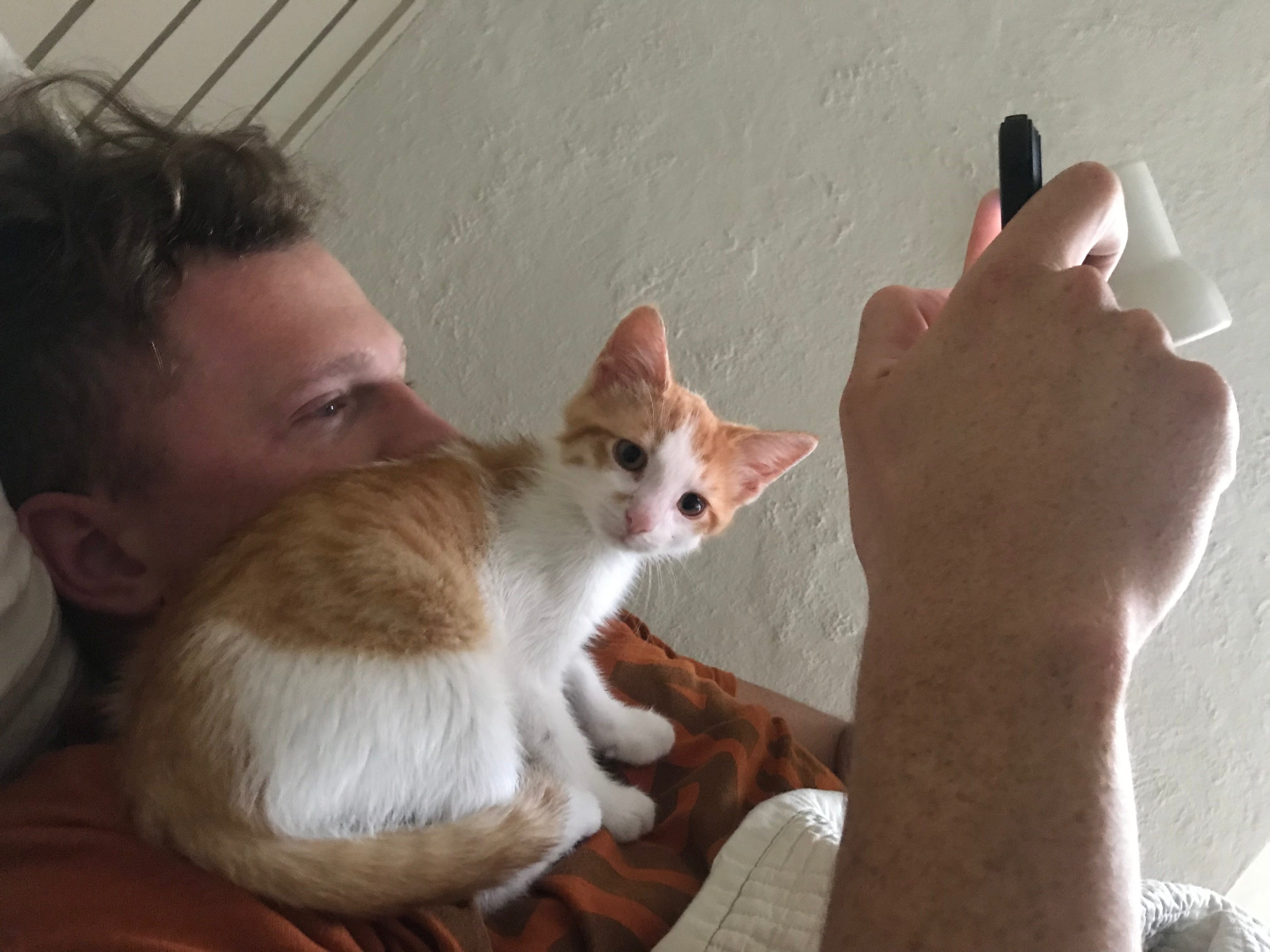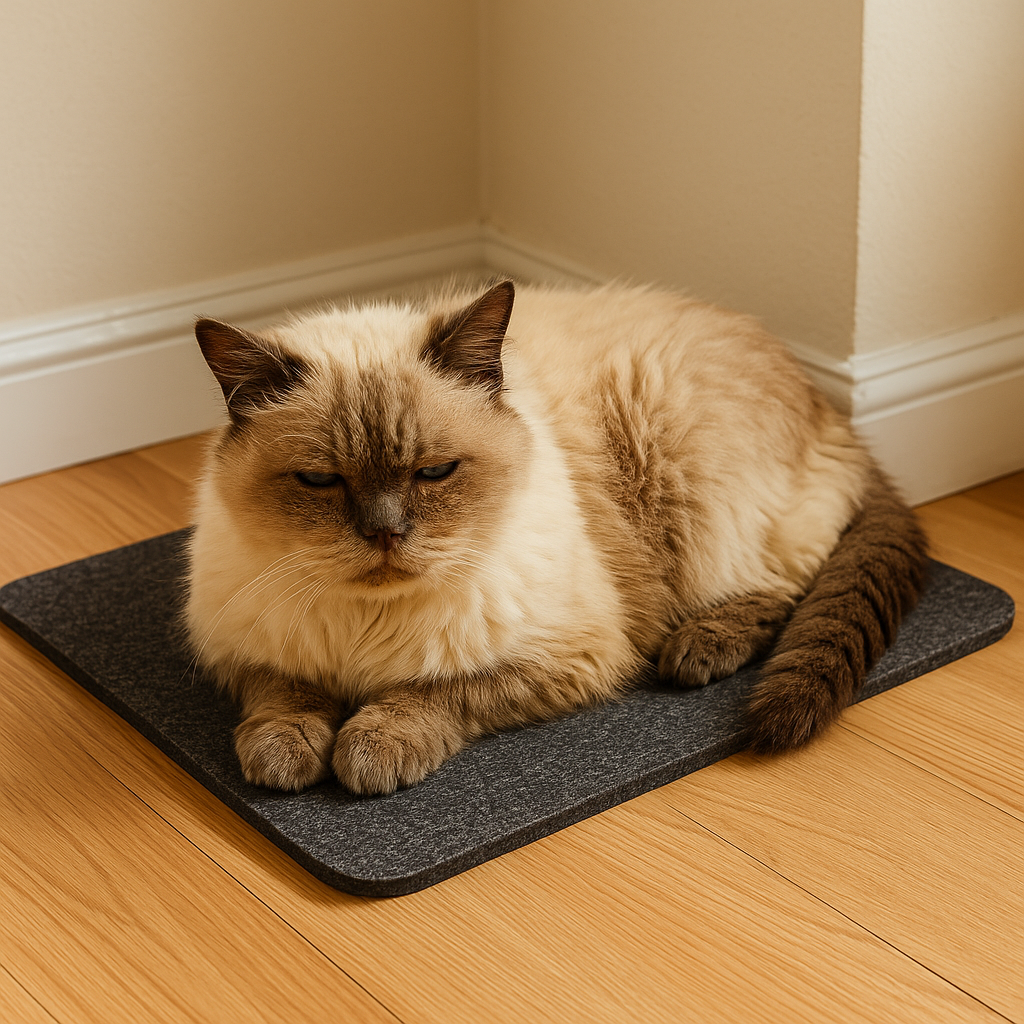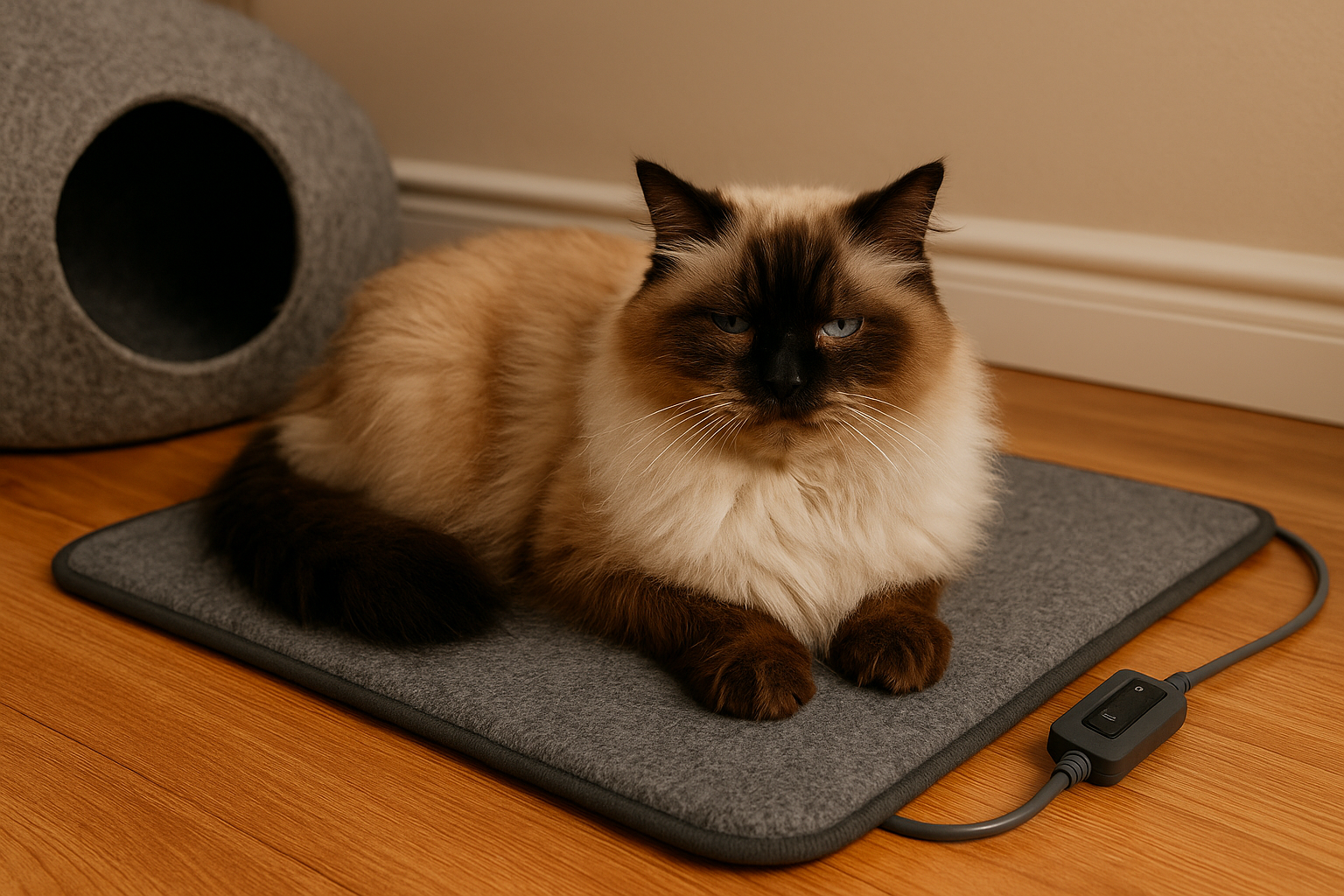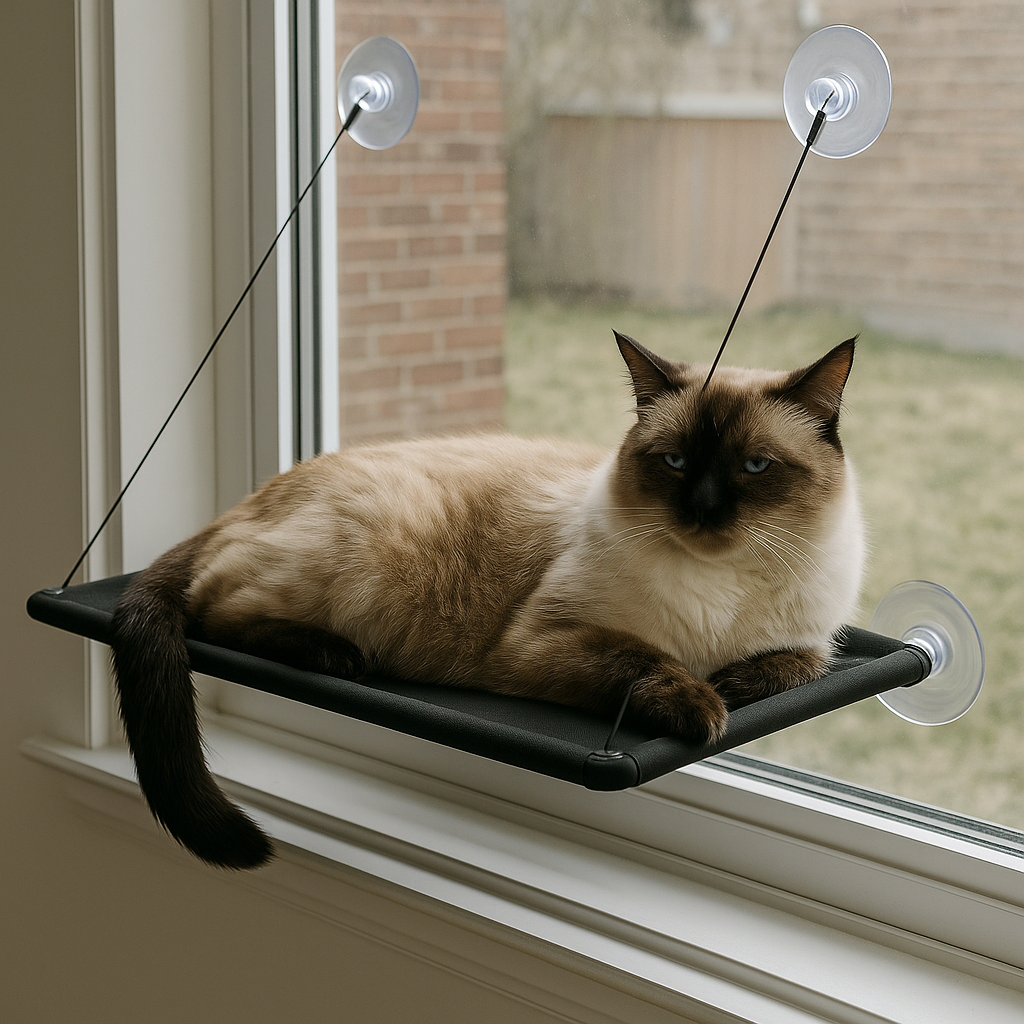Can Cats Eat Human Food? 2025 Guide to Safe & Unsafe Foods 🐱
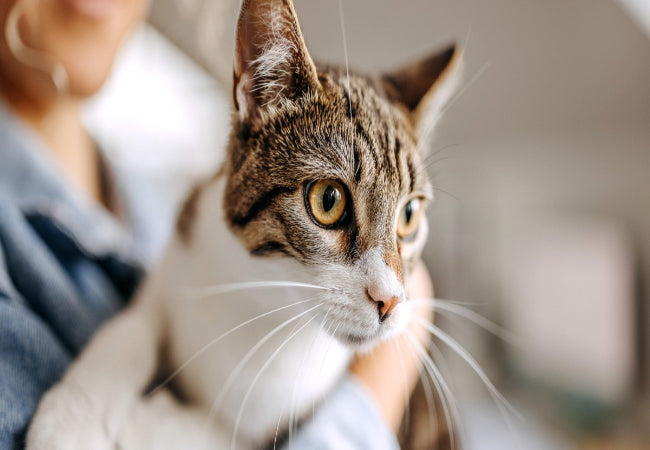
In this article
Can Cats Eat Human Food? 2025 Guide to Safe & Unsafe Foods 🐱
By Dr. Duncan Houston BVSc
Cats are the kings and queens of our homes. Their playful antics, soothing purrs, and curious nature make them irresistible companions. Naturally, we sometimes wonder, “Can cats eat human food?” As responsible pet parents, understanding which human foods are safe and which are harmful is critical for your feline friend’s health. This extended guide debunks common cat food myths and provides practical tips for healthy cat nutrition.
Myth 1: Cats Can Eat All Human Foods
Not all human foods are safe for cats. While small portions of plain cooked chicken, turkey, salmon, or certain vegetables like pumpkin and carrots are safe, some foods are outright toxic. Grapes, raisins, chocolate, onions, garlic, caffeine, alcohol, and xylitol (a common sugar substitute) can cause vomiting, diarrhea, kidney failure, or even death.
Tip: Always research new foods before offering them to your cat, and avoid sharing table scraps with unknown ingredients.
Myth 2: Milk Is Good for Cats
Contrary to popular belief, most adult cats are lactose intolerant. Feeding milk can cause digestive upset, including diarrhea and stomach cramps. Kittens can safely drink their mother's milk or a specially formulated kitten milk replacement, but adult cats should stick to fresh water or vet-approved lactose-free milk alternatives.
Tip: Provide plenty of clean, fresh water daily to keep your cat hydrated.
Myth 3: Cats Should Only Eat Raw Meat
Cats are obligate carnivores, meaning they need high-quality protein to thrive. While a raw meat diet might seem natural, it carries serious risks such as bacterial infections (Salmonella, Listeria) and parasitic infections. Cooked poultry, fish, or commercially prepared cat food ensures safe, digestible nutrition.
Tip: Always consult your vet before introducing raw diets or new proteins to your cat.
Myth 4: Cats Can Be Vegetarian
Cats require essential nutrients, like taurine, arachidonic acid, vitamin A, and vitamin B12, which are naturally found only in animal-based foods. Vegetarian or vegan diets can lead to heart disease, vision problems, reproductive issues, and ultimately death if critical nutrients are deficient.
Tip: Never attempt a vegetarian diet for your cat unless strictly supervised by a veterinary nutritionist.
Myth 5: Cats Can Manage Their Own Food Intake
While some cats self-regulate, many are prone to overeating, especially with free-choice dry food. This can lead to obesity, diabetes, and joint problems. Portion-controlled feeding is essential, especially for indoor cats with lower activity levels.
Tip: Use a measuring cup or automated feeder to manage daily portions and prevent weight gain.
Myth 6: Dry Food Cleans Cats’ Teeth
While dry kibble may slightly reduce plaque buildup, it does not replace proper dental care. Cats are prone to periodontal disease, which can affect their heart, kidneys, and overall health. Regular veterinary dental check-ups and brushing with feline-safe toothpaste are essential for oral health.
Tip: Dental treats, water additives, and brushing can help maintain healthy teeth alongside regular vet check-ups.
Human Foods That Are Safe in Moderation
-
Cooked meats: Chicken, turkey, lean beef, or fish (without bones or seasoning)
-
Vegetables: Pumpkin, carrots, peas, and green beans
-
Fruits: Small amounts of blueberries or melon (avoid grapes, raisins, citrus)
-
Eggs: Fully cooked eggs in small portions
Tip: Treats should make up no more than 10% of your cat’s daily caloric intake.
Foods to Avoid Completely
-
Chocolate and caffeine
-
Onions, garlic, chives
-
Grapes and raisins
-
Alcohol
-
Raw dough containing yeast
-
Artificial sweeteners (xylitol)
-
High-fat leftovers
Tip: Always check ingredient labels, as many processed foods contain hidden harmful ingredients.
Feeding Tips for a Healthy Cat
-
Balanced diet: Feed a high-quality commercial cat food with complete nutrients.
-
Regular feeding schedule: Offer meals at consistent times to prevent overeating.
-
Monitor weight: Keep track of your cat’s weight and body condition.
-
Hydration: Ensure access to fresh water; wet food can help with hydration.
-
Treats with care: Limit treats to 10% of daily calories and avoid unsafe human foods.
Conclusion
Cats can enjoy a variety of safe foods, but not all human food is suitable. Understanding your cat’s nutritional needs, recognizing toxic foods, and avoiding feeding myths can protect your feline friend from health issues like obesity, digestive upset, and nutrient deficiencies. Always consult your veterinarian before introducing new foods, especially if considering raw diets or table scraps.
A well-fed, nutritionally balanced cat is a healthy, happy, and playful companion. 🐾




